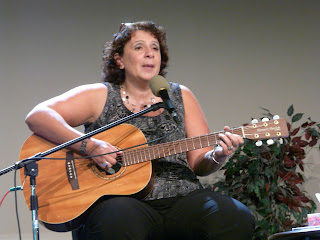When God Has Complete Possession

When everything was completed and all the instructions had been given, Moses and the Hebrew people gathered to experience God. “ Then the cloud covered the Tent of Meeting, and the glory of the Lord filled the tabernacle. Moses could not enter the Tent of Meeting because the cloud had settled upon it, and the glory of the Lord filled the tabernacle ” (Exodus 40:34, 35, NIV). God was pleased. The presence of His glory was proof of that, a glory so evident that there was room for nothing and for no one else. So it is when God’s glory fills our lives. There is room for nothing and for no one else when God has complete possession.











